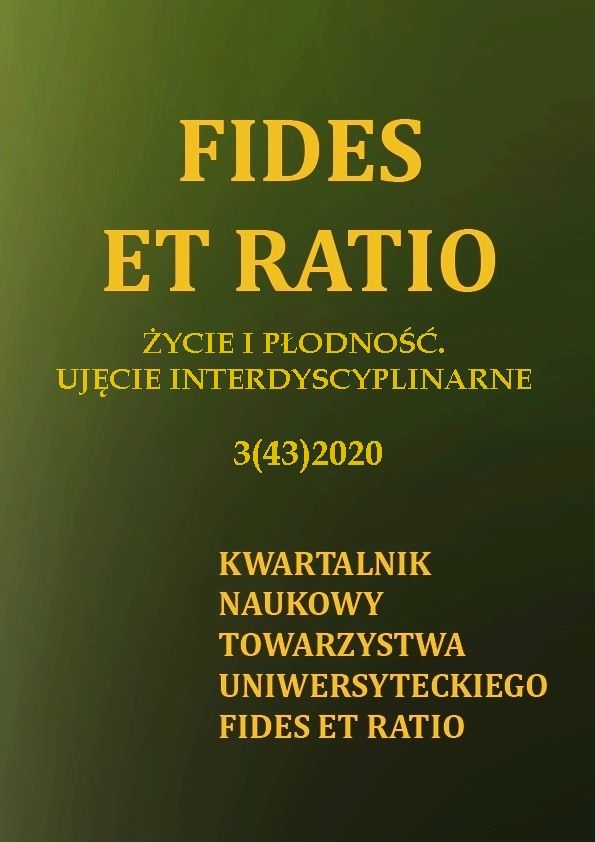Abstract
Endometriosis is a chronic gynecological disorder that affects 2-10% of women of childbearing age. Despite many years of research, the pathogenesis of endometriosis is not fully understood, and the treatment of endometriosis is associated with numerous controversies. Endometriosis runs in families and is associated with other diseases. In the group of patients suffering from endometriosis, there is a significantly increased incidence of autoimmune diseases and celiac disease, which is often only mildly symptomatic or only genetically prone to it. The coexistence and sometimes multiple increased risk of endometriosis has been proven in patients with systemic lupus, Sjogren's syndrome, rheumatoid arthritis, autoimmune thyroiditis, multiple sclerosis, Addison's disease, and inflammatory bowel disease. Although there is no convincing data on a possible causal mechanism linking these pathologies with endometriosis or on a common cause underlying these disorders, it is postulated that immune dysregulation is associated with the formation of an immune niche that allows the formation and progression of lesions typical of endometriosis. When diagnosing and treating patients with endometriosis, one should not forget about the spectrum of comorbidities, some of which are serious diseases leading to numerous complications.
References
Harris, H.R., Costenbader K.H., Mu, F., et al. (2016a). Endometriosis and the risks of systemic lupus erythematosus and rheumatoid arthritis in the Nurses' Health Study II. Annals of the Rheumatic Diseases 75 (7), 1279-1284. https://doi.org/10.1136/annrheumdis-2015-207704.
Harris, H.R., Simard, J.F., Arkema, E.V. (2016b). Endometriosis and systemic lupus erythematosus: a population-based case-control study, Lupus, 25 (9),1045-1049. https://doi.org/10.1177/0961203316631635.
Katiyar, A., Sharma, S., Singh, T.P., Kaur, P. (2018). Identification of Shared Molecular Signatures Indicate the Susceptibility of Endometriosis to Multiple Sclerosis, Frontiers in Genetics, 9, 42. https://doi.org/10.3389/fgene.2018.00042
Peyneau, M., Kavian, N., Chouzenoux S., i in. (2019). Role of thyroid dysimmunity and thyroid hormones in endometriosis, Proceedings of the National Academy of Sciences of the United States of America, 116 (24), 11894-11899. https://doi.org/10.1073/pnas.1820469116.
Porpora, M.G., Scaramuzzino, S., Sangiuliano, C., Piacenti, I., Bonanni, V., Piccioni, M.G., Benedetti, Panici, P.L. (2019). High prevalence of autoimmune diseases in women with endometriosis: a case-control study, Gynecological Endocrinology, 36 (4), 356–359. https://doi.org/10.1080/09513590.2019.1655727.
Maksym, R., Baranowski, W. (2020). Etiopatogeneza endometriozy – geny czy środowisko? (w:) W. Baranowski (red.), Standardy diagnostyki i leczenia endometriozy - Monografia Ginekologia po Dyplomie, 5-10, Warszawa: Medical Tribune Polska.
Mormile, R., Vittori, G. (2013). Celiac disease and endometriosis: what is the nexus? Archives of Gynecology and Obstetrics, 288 (6), 1197-1198. https://doi.org/10.1007/s00404-013-2928-3.
Mormile, R., Vittori, G. (2014). Endometriosis and susceptibility to multiple sclerosis: is there any absolute truth? European Journalof Obstetrics & Gynecology and Reproductive Biology, 179, 253. https://doi.org/10.1016/j.ejogrb.2014.04.044.
Santoro, L., Campo, S., D'Onofrio F., i in. (2014). Looking for celiac disease in Italian women with endometriosis: a case control study, BioMed Research International, 236821. https://doi.org/10.1155/2014/236821.
Shigesi, N., Kvaskoff, M., Kirtley S., i in. (2019). The association between endometriosis and autoimmune diseases: a systematic review and meta-analysis, Human Reproduction Update, 25 (4), 486-503. https://doi.org/10.1093/humupd/dmz014.

